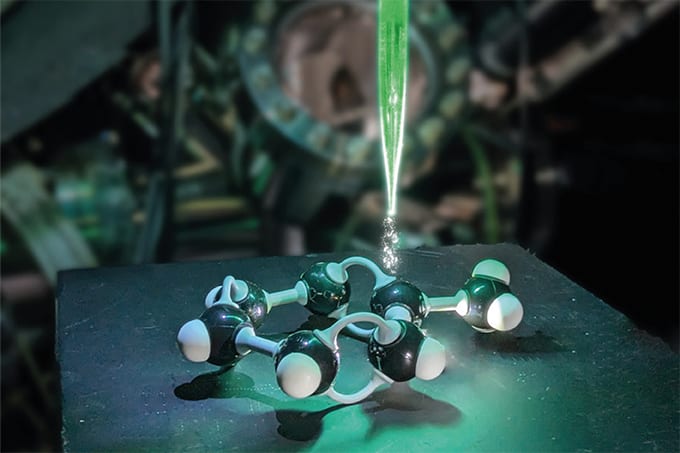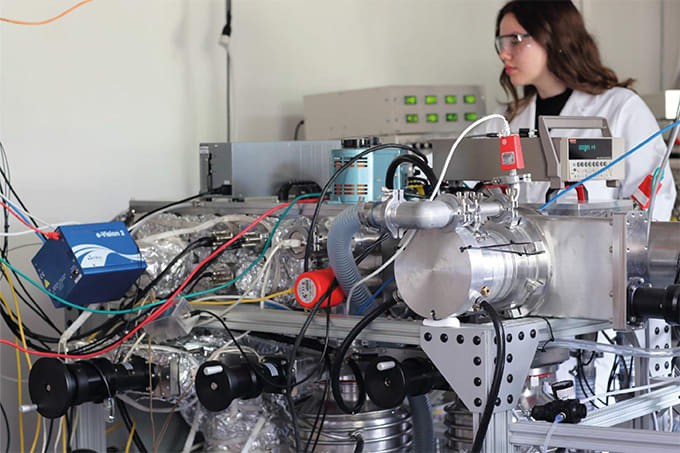Applying quality control to living organisms is tricky at best – but also crucial: the quality of biopharmaceuticals has a clear impact on both safety and efficacy. And so quality assurance is typically conducted at the end of the (lengthy and costly) biomanufacturing process – but is that logical? “If the manufacturing system produces low-quality or abnormal biologics, it is hard to see whether the product quality and system operation are normal or not during the manufacturing process through conventional analytics systems,” says Sunghee Ko, Postdoctoral Associate of Jongyoon Han’s laboratory at the Massachusetts Institute of Technology. “Because of this, current quality measurements (for example, release analytics) can lead to money loss and a disruption of biologic supplies when manufacturing has problems.”
The logical solution? Monitoring biologics during the manufacturing process. Han’s lab has taken on the challenge and created a nanofluidic device that they plan to directly link to a bioreactor to monitor purity and bioactivity with high sensitivity, resolution, and speed. “This is one of the preferable monitoring methods to realize process analytical technology (PAT) defined by FDA, and allows us to respond rapidly if there is a change in bioreactor conditions that affects the quality,” says Ko. The device is based on a series of nanoscale filters – or, to be more precise, patterned nanochannel arrays of varying depths and protein electrical potentials – that separate molecules by size (from 14–200 kDa). The team’s paper (1) demonstrated multiparameter quality monitoring of three 20µl biologic samples within 50 minutes, but also shared a prototype on-line sample-preparation system that could make at-line monitoring – and therefore real-time quality assurance of biologics – a reality.
References
- SH Ko et al., “Nanofluidic device for continuous multiparameter quality assurance of biologics”, Nat Nanotechnol, [Epub ahead of print] (2017). PMID: 28530715.




